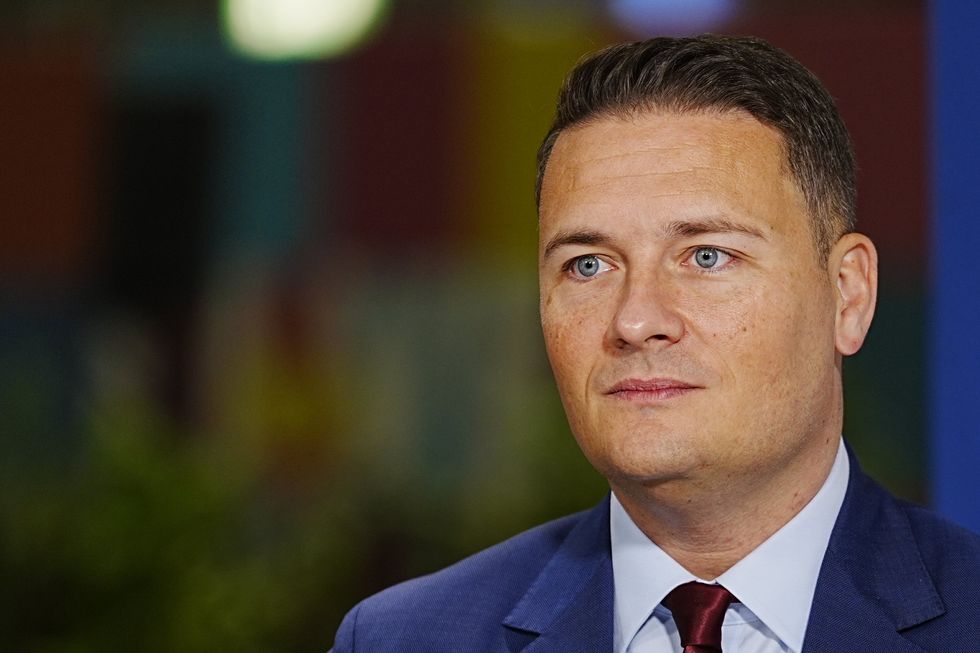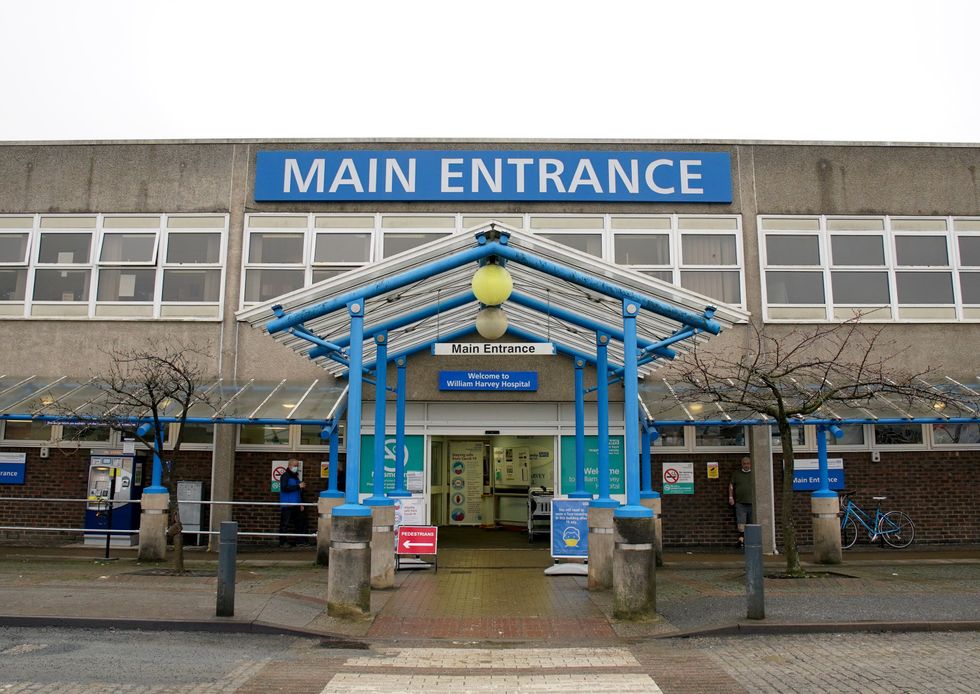NHS officials will tell patients to to go online instead of straight to A&E departments as health chiefs prepare to launch a “radical reset”.
Under new proposals, hospital trusts will receive financial rewards for efforts to keep patients out of hospital by providing more help closer to home.
The planning guidance promises a “digital-first and clinically prioritised” model of urgent and emergency care, reports The Telegraph.
However, concerns have been raised about ability of older people to access services, with some potentially feeling locked out of access to emergency care.
Dennis Reed from Silver Voices, a campaign group for the over-60s suggested this could cause distress among those who have limited access to technology.
He told The Telegraph: “Digital first too often means older people second.
“The risk of these ideas is that those who aren’t completely clued up can end up struggling to access services.
“I’m extremely worried about how they will go about this shift, it is absolutely crucial that people can access care quickly in an emergency.”

The proposals form a three-year roadmap for the NHS which sets out out high-level priorities for the service.
However, it does not specify how the changes will work.
GPs will be asked to offer same-day appointments to 90 per cent of all clinically urgent patients.
But this proposal will be subject to consultation with the profession, with the British Medical Association already at a gridlock over the current contract for GPs.
LATEST DEVELOPMENTS
- ‘This is about truth and dignity!’ Lawyer backs nurses fighting NHS trust over trans changing room row
- Thousands of NHS staff slapped with parking fines for ‘being at work’
- Hundreds of foreign doctors allowed to treat British patients without ID checks

Health and Social Care Secretary Wes Streeting said: “This is the bold change this Government promised in our NHS.
“Our ambition is nothing short of the fastest turnaround in the history of the health service.
“Millions more patients will be treated on time, with better cancer outcomes and quicker access to GPs.
“The NHS will be brought into the digital age, and community care will be given the priority it deserves.”
An NHS spokesman said: “Most of us are used to accessing services via digital routes and rightly expect the NHS to step into the 21st century and offer the same opportunities.
“Patients will still be able to call or walk into local NHS services, and for those who need to talk to someone directly, this will free up capacity to make it faster for everyone to receive the service that best works for them.”
However, Mr Streeting warned there is a “challenging winter” ahead for the NHS, as he condemned the use of a hospital coffee shop as an emergency ward.
Patients at William Harvey Hospital in Ashford were treated in beds which had been moved to a cafe to cope with rising demand. East Kent Hospitals University NHS Foundation Trust has apologised, saying this “will not be allowed to happen again”.

A survey published this week reveals almost three in five doctors cared for patients in temporary spaces like hospital corridors, offices and cupboards this summer. A poll by the Royal College of Physicians (RCP) suggests corridor care “has sadly become an everyday reality” for medics and is not confined to winter.
The RCP snapshot survey of 553 doctors found 59 per cent had reported caring for patients in temporary spaces between June and August.
Speaking in the Commons, Liberal Democrat health spokesperson Helen Morgan pressed for measures to “ensure that patients aren’t left to suffer on trolleys, or worse in our hospital corridors this winter.”
Mr Streeting replied: “The NHS is already running hot ahead of winter, we brought forward our winter planning for this year to get ahead, we are making sure all NHS Trusts and systems have developed plans which have been tested regionally.”
Our Standards:
The GB News Editorial Charter







Follow